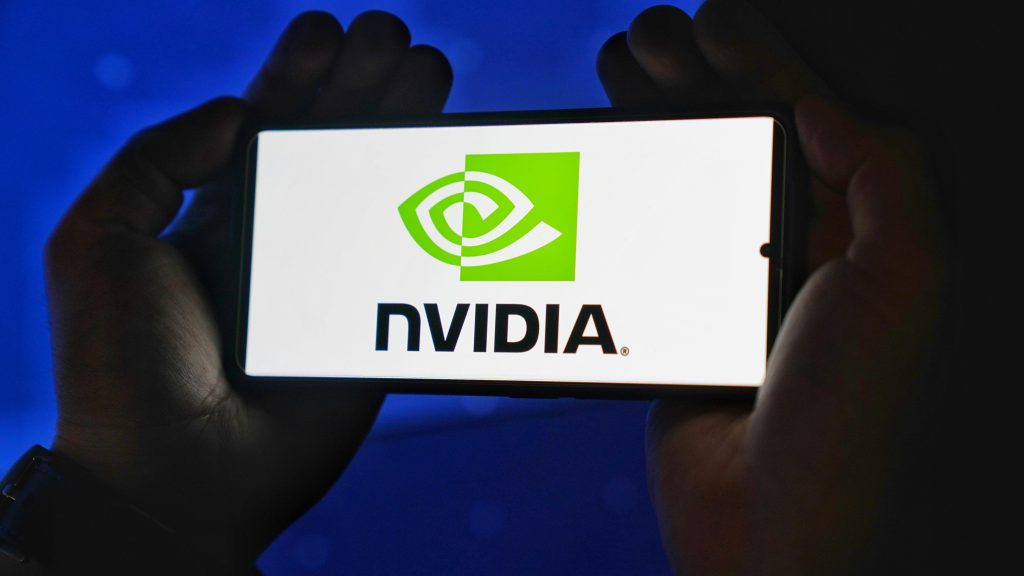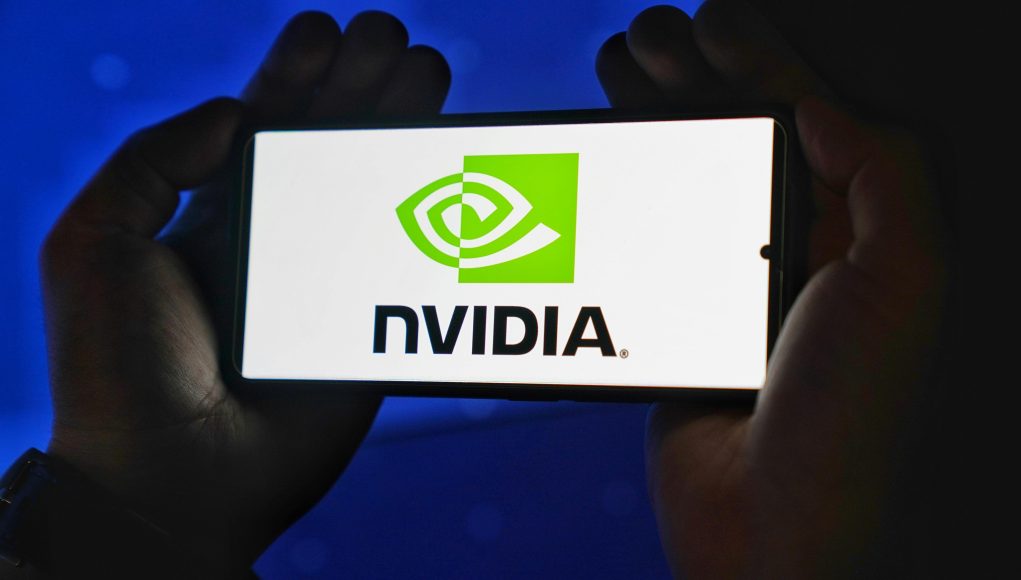
(Singapore, 23.09.2025)In a monumental move set to redefine the landscape of artificial intelligence, two of the industry’s heaviest hitters, Nvidia and OpenAI, have announced a groundbreaking partnership. The deal, valued at up to $100 billion, will see chip-making powerhouse Nvidia invest a staggering sum in the trailblazing AI research company, while also supplying it with the cutting-edge data center chips that are the lifeblood of modern AI.
The alliance, revealed on a busy Monday, is far more than a simple transaction. It represents a strategic convergence of interests between a company that designs the hardware for AI and the company that develops the most talked-about AI software.
For Nvidia, the investment secures a financial stake in one of its most critical customers. For OpenAI, it guarantees access to the immense capital and advanced technology needed to stay ahead in an intensely competitive field. The implications are enormous, with analysts and competitors alike watching closely to see how this colossal tie-up will shape the future of technology.
According to sources familiar with the matter, the agreement is structured as a two-part, interlocking transaction. Nvidia will begin its investment in OpenAI by purchasing non-voting shares. This infusion of capital will then be used by OpenAI to purchase Nvidia’s high-performance data center chips. This circular flow of funds has sparked some debate among industry watchers, raising questions about the true nature of the transaction.
Bernstein analyst Stacy Rasgon noted, “On the one hand this helps OpenAI deliver on what are some very aspirational goals for compute infrastructure, and helps Nvidia ensure that that stuff gets built. On the other hand the ‘circular’ concerns have been raised in the past, and this will fuel them further.”
OpenAI’s CEO, Sam Altman, underscored the partnership’s importance, stating, “Everything starts with compute.” He emphasized that computing infrastructure will form the backbone of the future economy, and this collaboration with Nvidia is a key step towards creating new AI breakthroughs and empowering individuals and businesses on a massive scale.
The companies have already signed a letter of intent to deploy at least 10 gigawatts of Nvidia systems for OpenAI. To put that figure into perspective, 10 gigawatts is equivalent to the power needs of more than 8 million U.S. households, or the peak electricity demand of New York City. This is a clear indication of the immense scale of the infrastructure being planned.
Market Reactions and Industry Implications
The news sent immediate ripples through the stock market. Nvidia’s shares surged by as much as 4.4% to hit a new intraday record. Oracle, another major player in the data center space, also saw its shares rise by about 6%, as it is part of a separate, monumental $500 billion project with OpenAI, SoftBank, and Microsoft to build AI data centers around the world.
This latest deal is a testament to the fact that the world’s most valuable companies are not just competing—they’re also strategically collaborating to secure their place in the AI revolution. Nvidia’s move follows several other major investments, including a recent collaboration with Intel on AI chips and a $5 billion investment in Intel earlier this month. The company also backed OpenAI in a $6.6 billion funding round back in October 2024.
However, the sheer scale of the Nvidia-OpenAI pact could draw the attention of antitrust regulators. Both the Department of Justice and the Federal Trade Commission have already been looking into the roles of major players like Microsoft, OpenAI, and Nvidia within the AI industry. Andre Barlow, an antitrust lawyer with Doyle, Barlow & Mazard, warned that the deal could potentially solidify Nvidia’s chip monopoly with OpenAI’s software lead, making it harder for competitors like AMD in chips or other AI model developers to scale their operations.
The Push for AI Dominance
The race to build AI infrastructure is becoming a central theme in the tech world, with costs expected to reach trillions of dollars. The Nvidia and OpenAI deal is just one piece of a much larger puzzle. OpenAI, for its part, has been exploring ways to reduce its dependence on any single chip supplier. A person familiar with the matter confirmed that the deal with Nvidia does not change OpenAI’s ongoing plans, which include a partnership with Microsoft and an effort to develop its own custom AI chips with designers like Broadcom and Taiwan Semiconductor Manufacturing Co.
The announcement comes at a time when major tech companies are pouring billions into building the data centers that will power the next generation of AI. Oracle has struck a partnership with OpenAI to build a 5-gigawatt data center facility in Texas and is also in talks with Meta Platforms to provide an additional $20 billion in cloud computing power. Microsoft is also spending heavily, with a projected $30 billion in the September quarter alone on data center expansion.
Despite the frenzied spending, there are still whispers of a potential market bubble, similar to the dot-com era. However, AI leaders like Sam Altman have argued that while some smaller, overvalued startups may be at risk, the transformative value of AI to the global economy will ultimately justify the massive investment. For now, all eyes are on Nvidia and OpenAI as they embark on a partnership that could very well set the standard for the future of artificial intelligence.





































